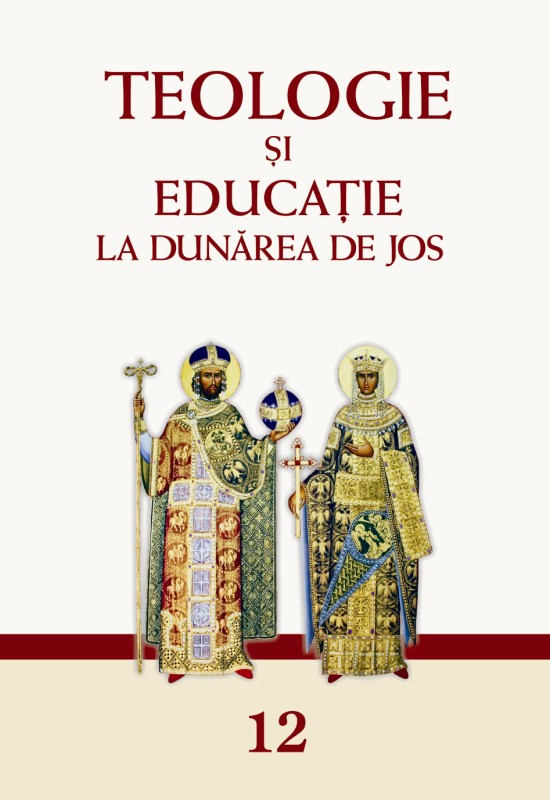Biserica străromână, parte a Bisericii Universale, în epoca constantiniană
The Old Romanian Church, part of the universal Church, in the Constantinian age
Author(s): Ion VicovanSubject(s): Christian Theology and Religion, Theology and Religion
Published by: EDITURA ARHIEPISCOPIEI DUNĂRII DE JOS
Keywords: apostles; Christianization; Romanian people; Emperor Constantine the Great; relations;
Summary/Abstract: The above title has been suggested, on the one hand, by the work with the same title of the great Romanian patrologist Ioan G. Coman, and on the other hand, by the title of the letter addressed to St. Basil the Great, accompanying the relics of Saint Sava of Buzău.It is a well known fact that the two Holy Apostles who preached the Gospel to our ancestors were Andrew and Philip. Thus, Romanian Christianity is of apostolic origin. However, the Christianization of the Romanians was a process facilitated by the disciples of Apostle Paul, who preached, according to his own testimony in the Balkans (Macedonia, Greece, Illyricum), as well as by the Christians among settlers, soldiers, merchants, slaves and captives that came in contact with the local inhabitants. Living under the sphere of Roman and then Byzantine influence, our people was deeply affected by the Byzantine culture and spirituality. The relations with the Byzantine-Roman Empire flourished during St. Emperor Constantine’s reign. These relations resulted in building the end of a bridge over the Danube, in the participation of ”the Scythian”, but also that of Bishop Theophilus of ”the Goths” in the first Ecumenical Synod, convened by Saint Constantine, as well as in the requirement to the Goths from the northern part of the Danube to grant freedom of faith to the Christians living among them, which facilitated and enhanced the process of Christianization. We have information about these contacts from Byzantine historians: Eusebius, Philostorgius, Socrates, Theophanes the Confessor and others. Therefore, St. Constantine played a very important role, not only in the history of the Byzantine Roman Empire, but also in our history, its model as Christian emperor being subsequently taken over by Romanian rulers.
Journal: TEOLOGIE ȘI EDUCAȚIE LA DUNĂREA DE JOS
- Issue Year: XII/2013
- Issue No: 12
- Page Range: 177-196
- Page Count: 20
- Language: Romanian

